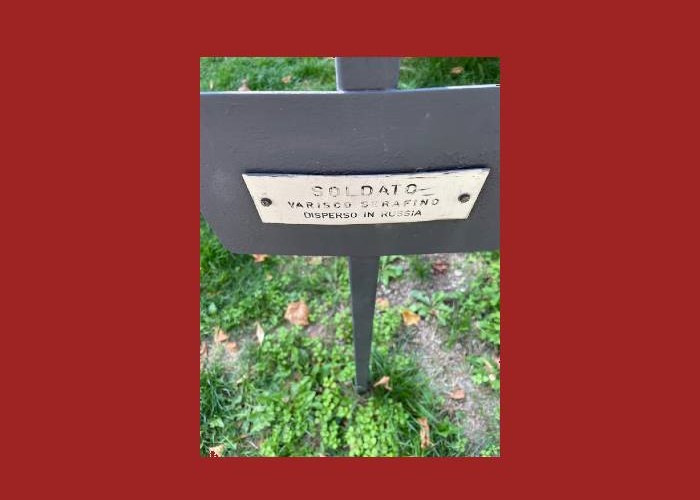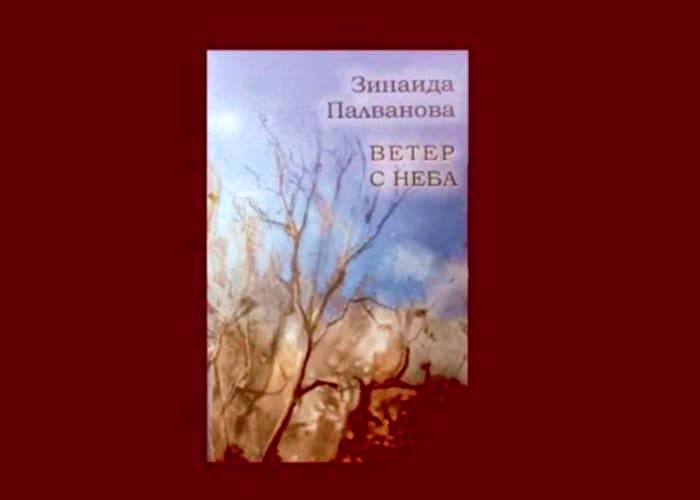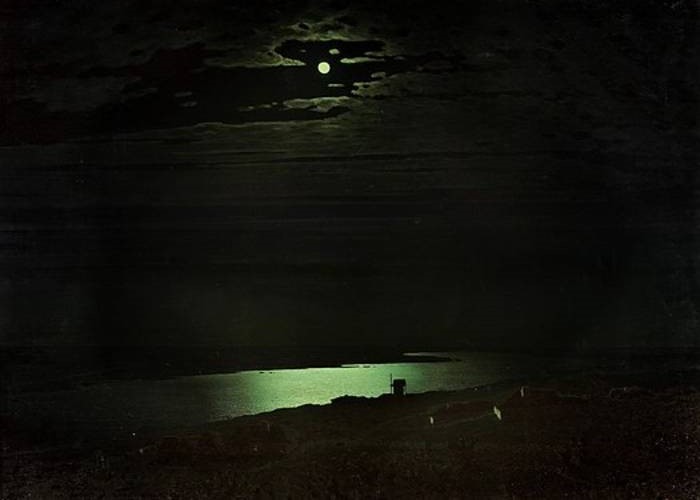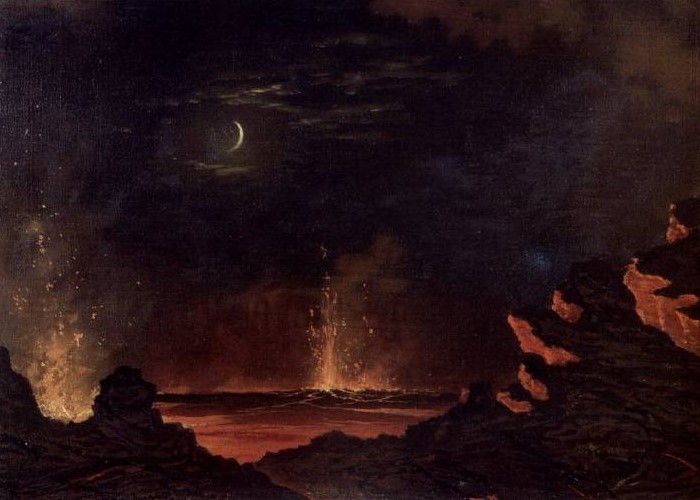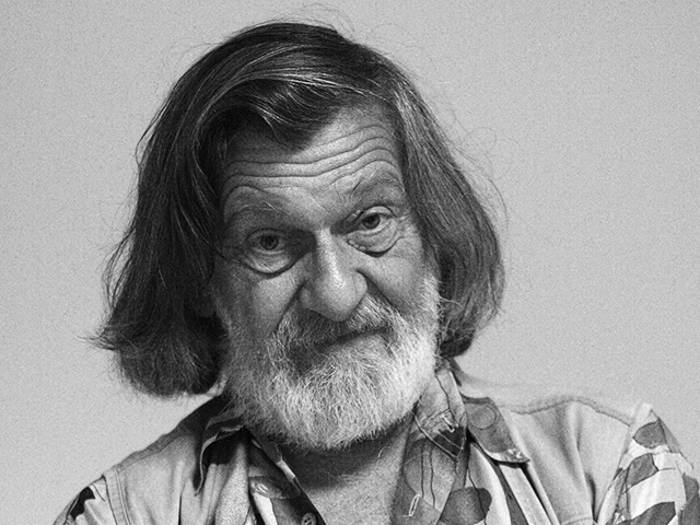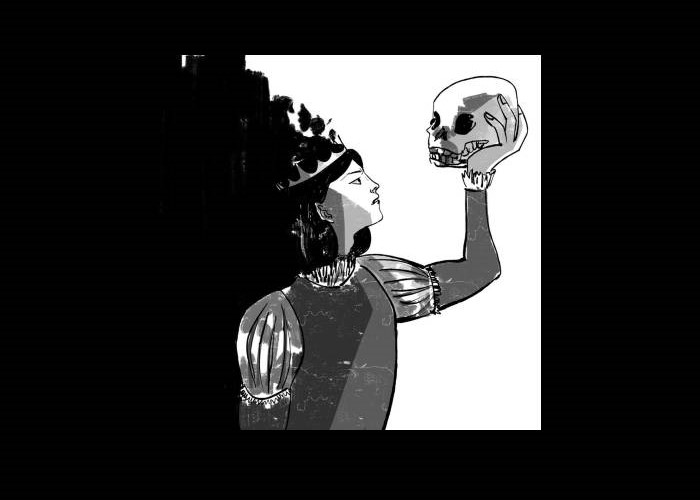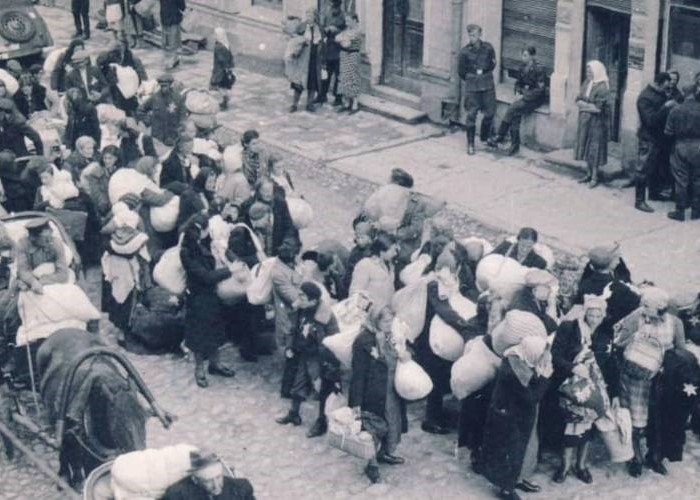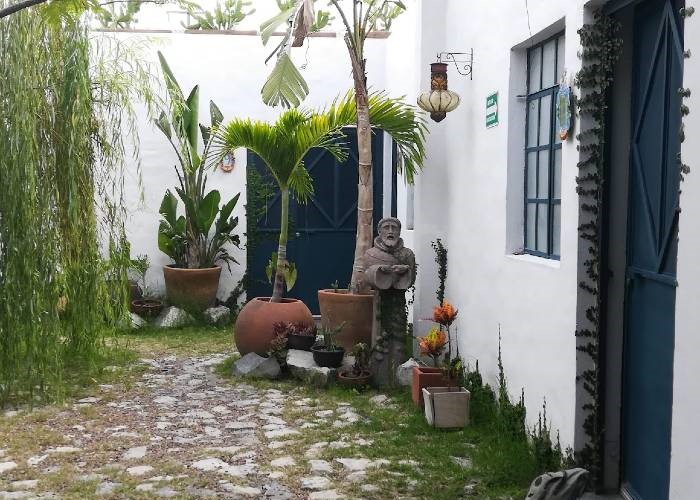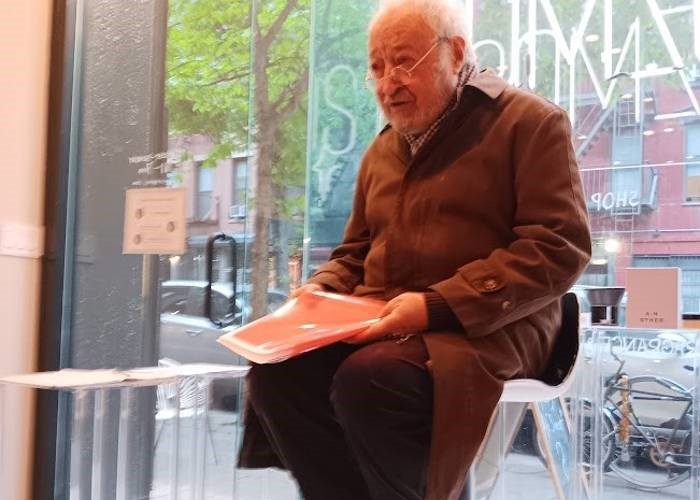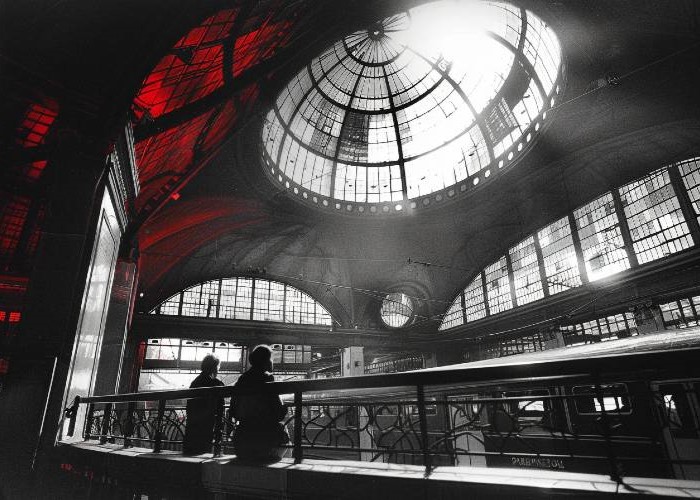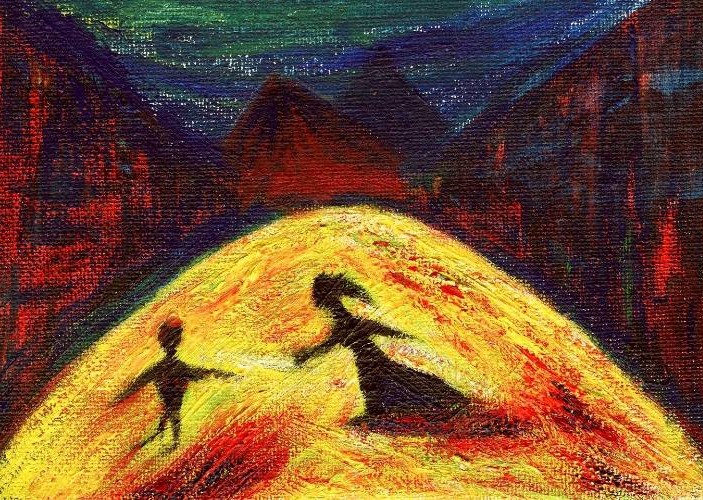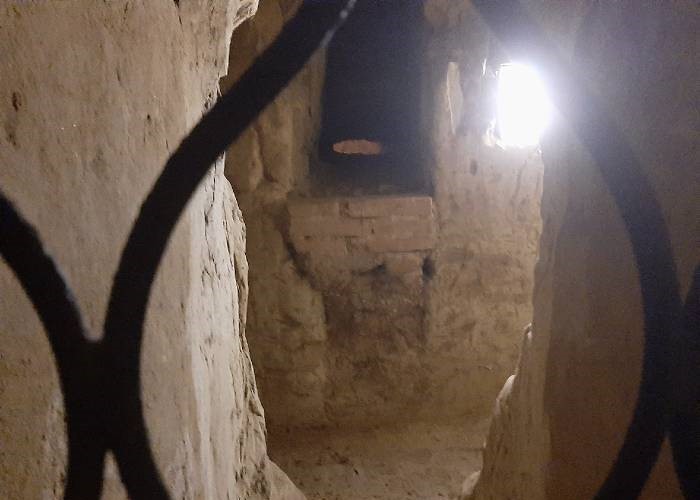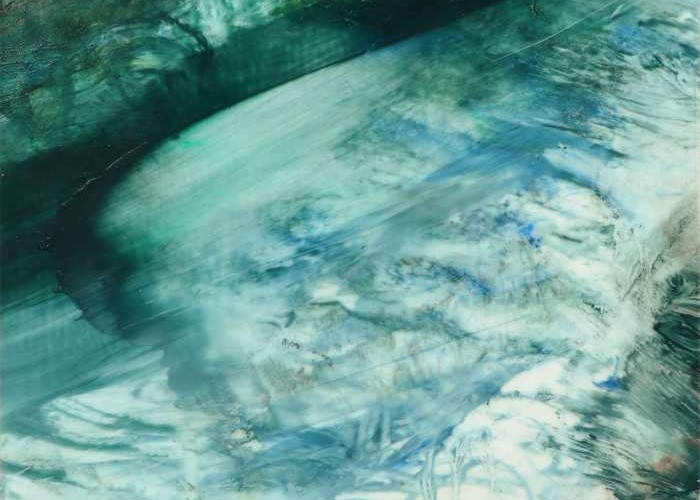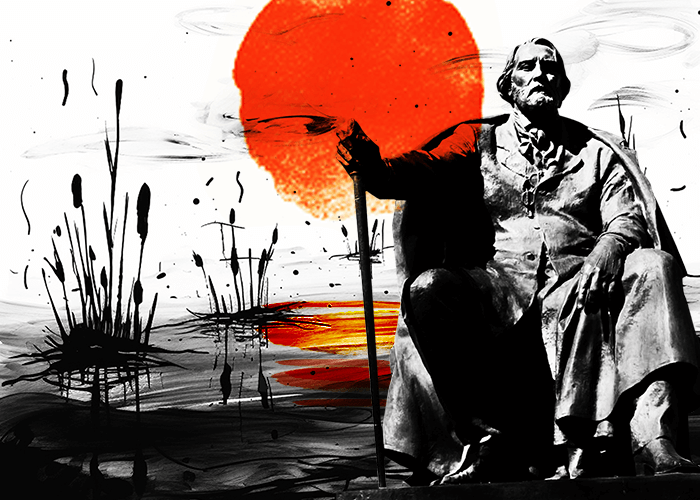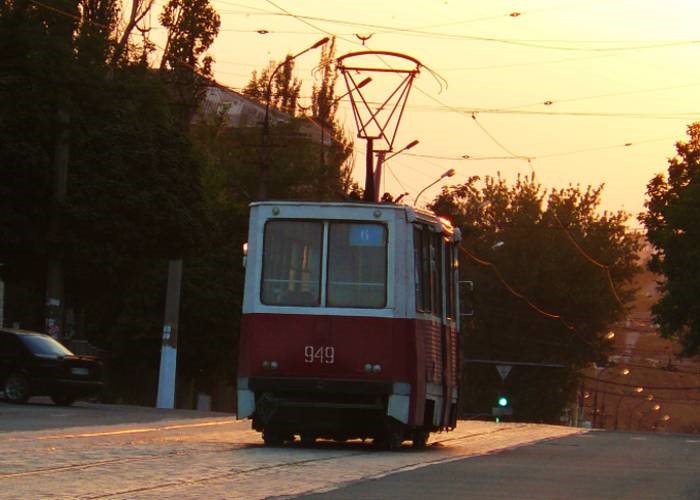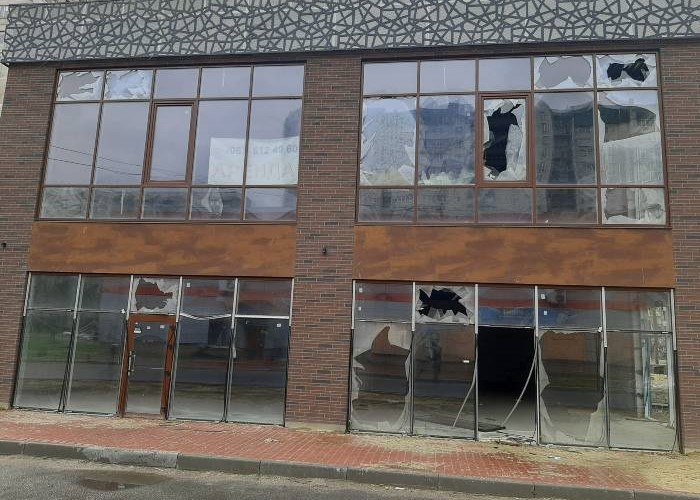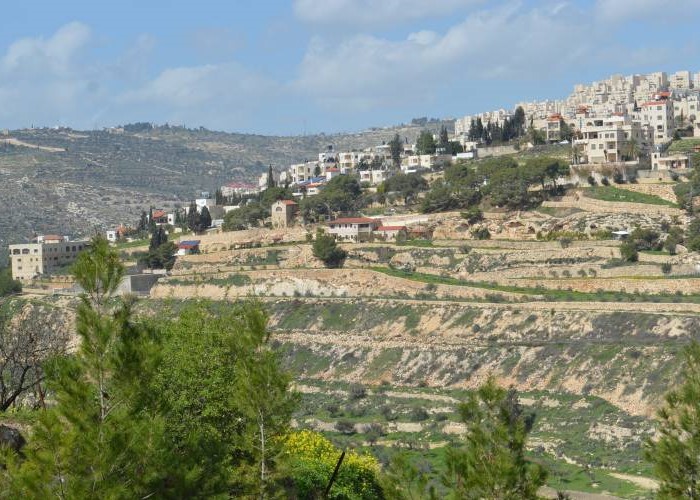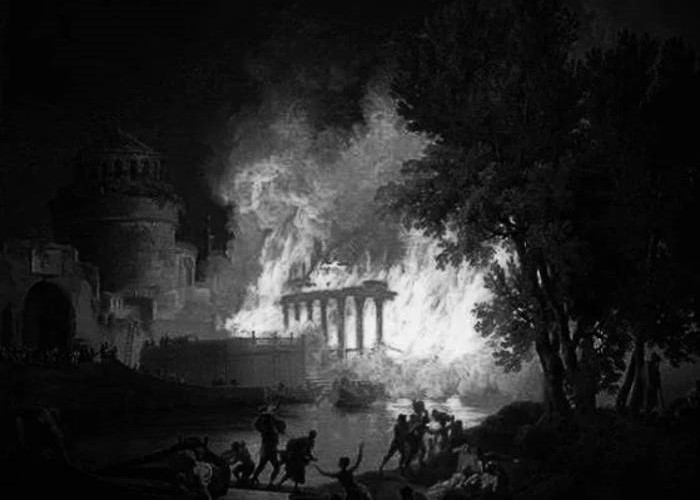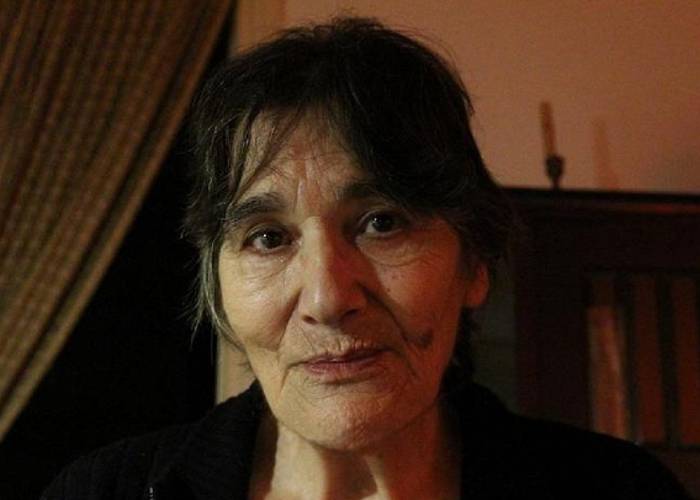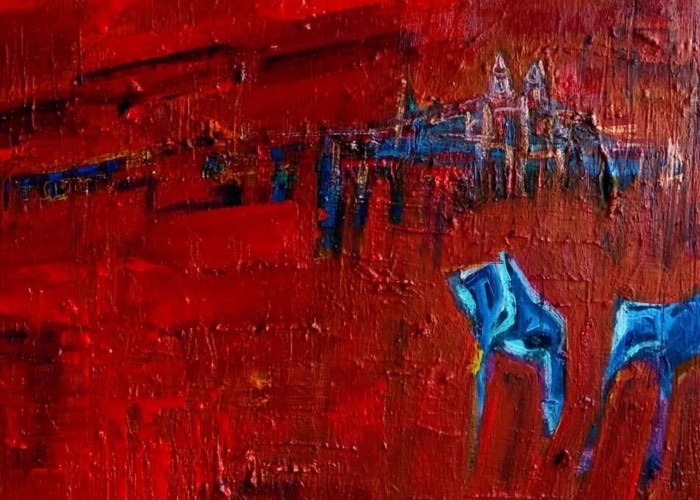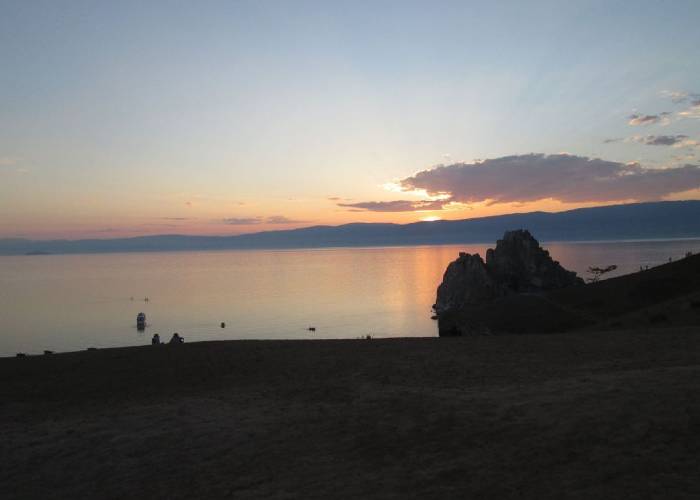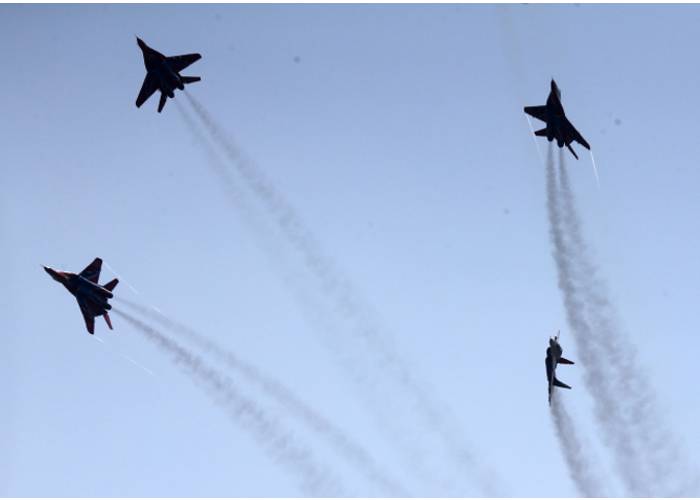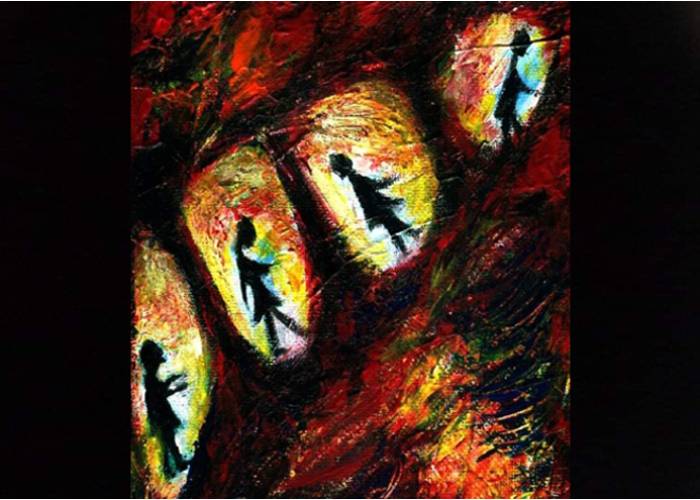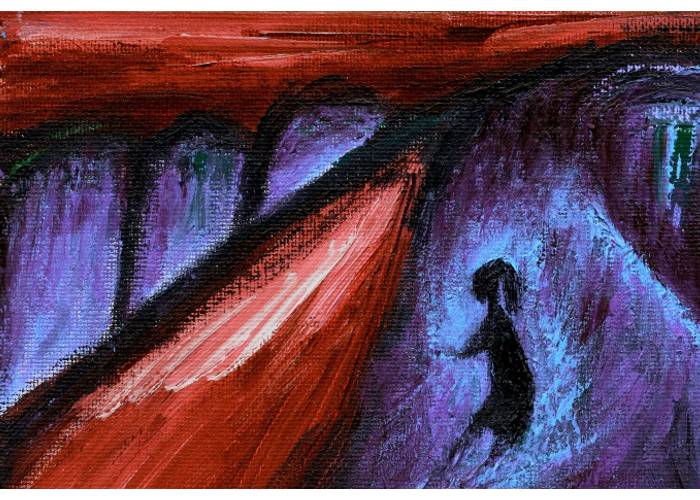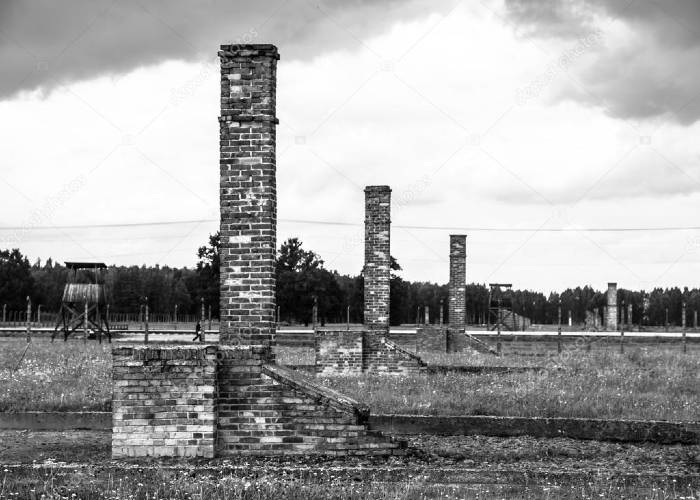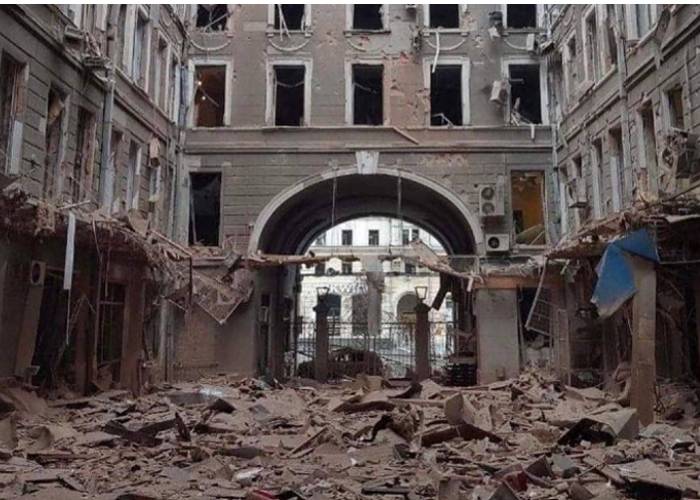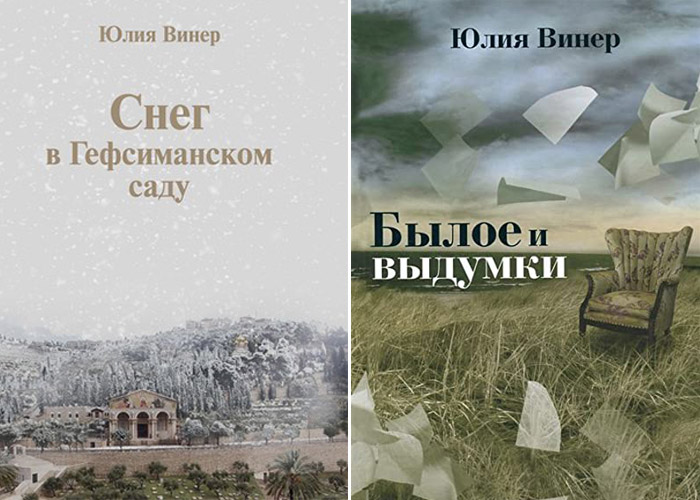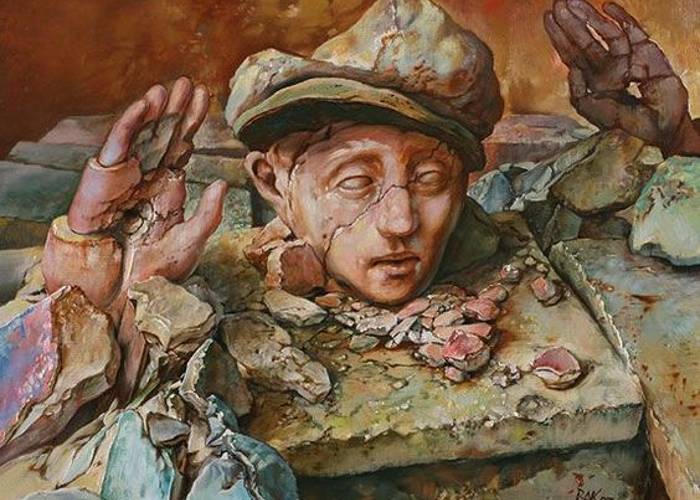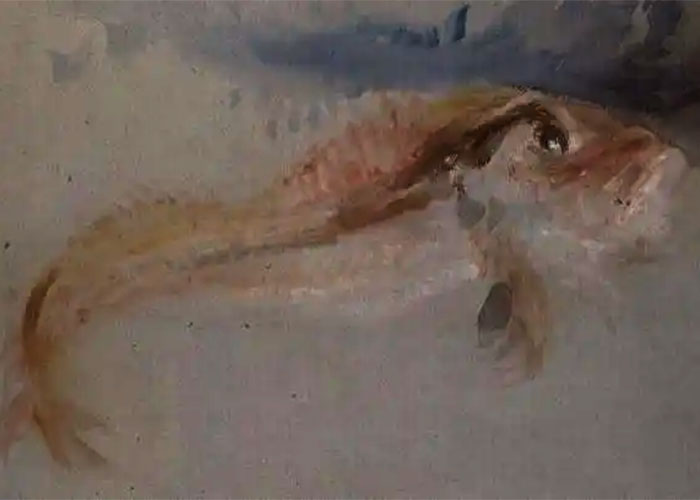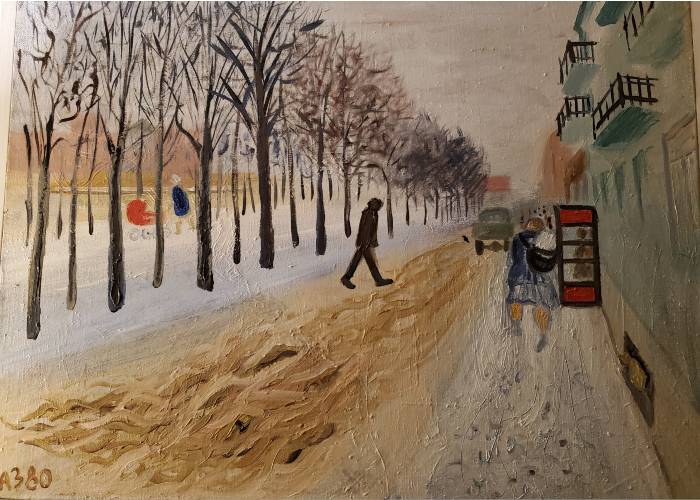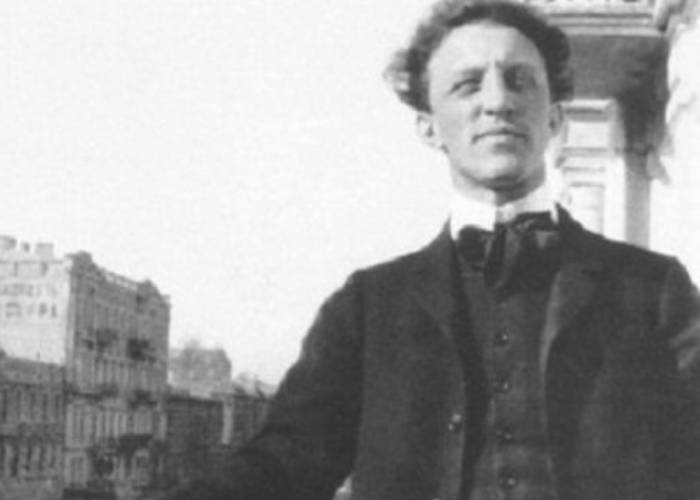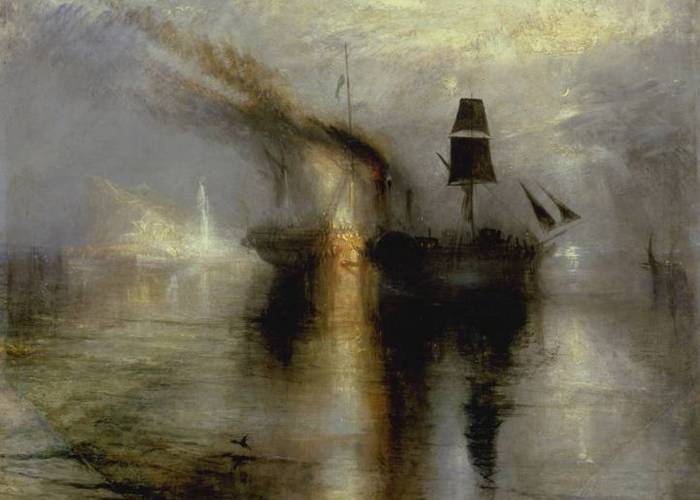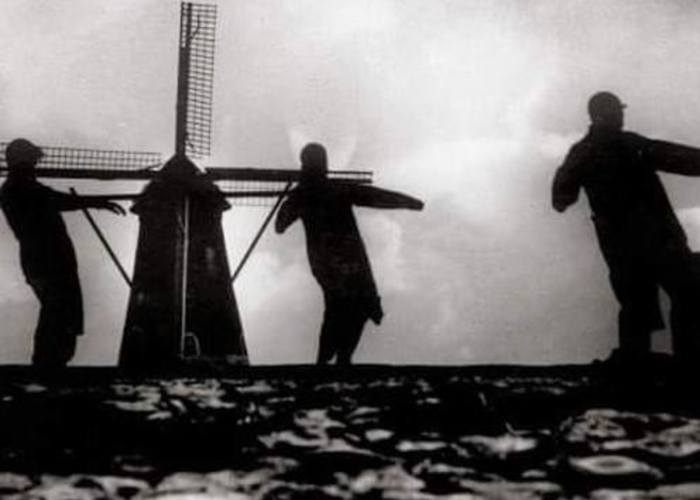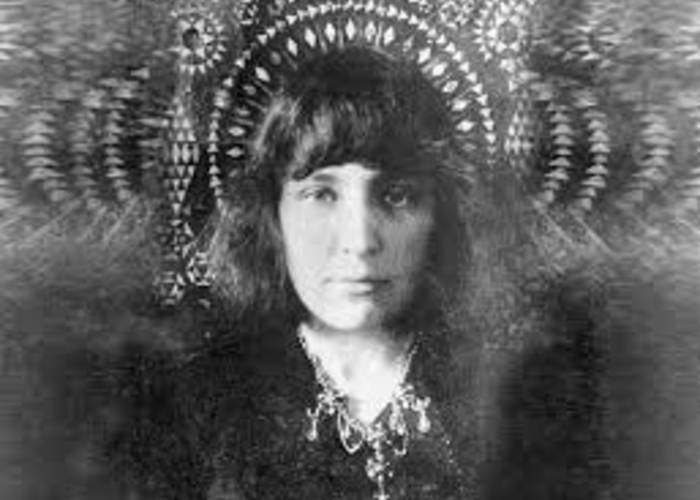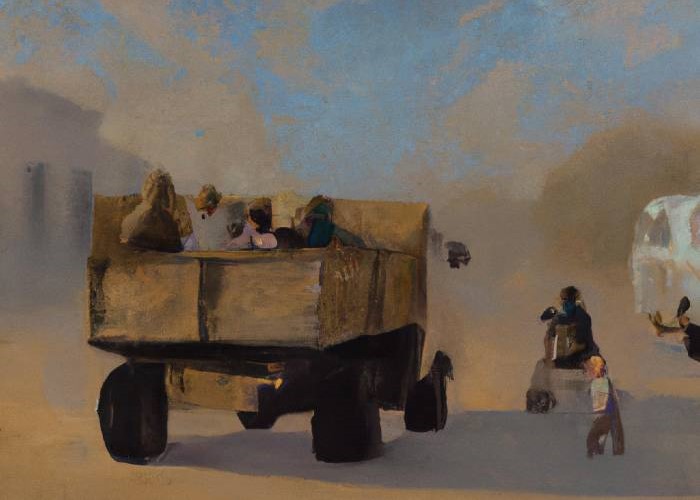in this city children began to be born
irrespective of the childbearing efforts of men and women
they were born of their own accord
and could be found
in the most unexpected places
such as post boxes, the few that still remained in some streets
most of them had been ransacked
desecrated due to the lack of mailed correspondence
or in tree hollows
so that the owners, birds or animals.
were forced to huddle together
or abandoned their dwellings altogether
or in burrows dug by someone in the ground
– children were pulled out of them
with the help of trained dogs
that could smell the breath of infant life
every day, a truck would drive into every courtyard in the city
and from the sides of the truck the workers escorting the cargo
would hang down a wide strap-on bag
where the newborns lay.
tenants came up
pulled the edges of the cradles toward them
took the screaming babies in their arms
walked around with them
sniffed their soft heads
and tossed them up a little to gauge their fatness
waited for them to settle down and fall asleep
to return moments of joy
to the transporters
an old man with a cane also looked into one of the bags
“Don’t pick it up, grandpa.
you’ll drop it.”
he was warned by a lady
with two babies
clinging to her chest
“God forbid”
said the old man
“boom boom
where does it come from
this boom
what’s it about this boom.”
A policeman walked by the truck and watched:
everyone had to be lifted back into the back of the truck
and fitted into a safe place
then taken to the Young Helmets garrison
–which stood in a dense coniferous forest
with carved glades in it
from which the dark silhouettes
of defensive phalluses rose up
covered by a fake of fallen leaves.
the truck was finally leaving
the people saw it off in satisfaction
their self-esteem was flattered
that the common people had not been passed again
by the gifts of the future
growing up before their eyes
Translated by Nina Kossman


